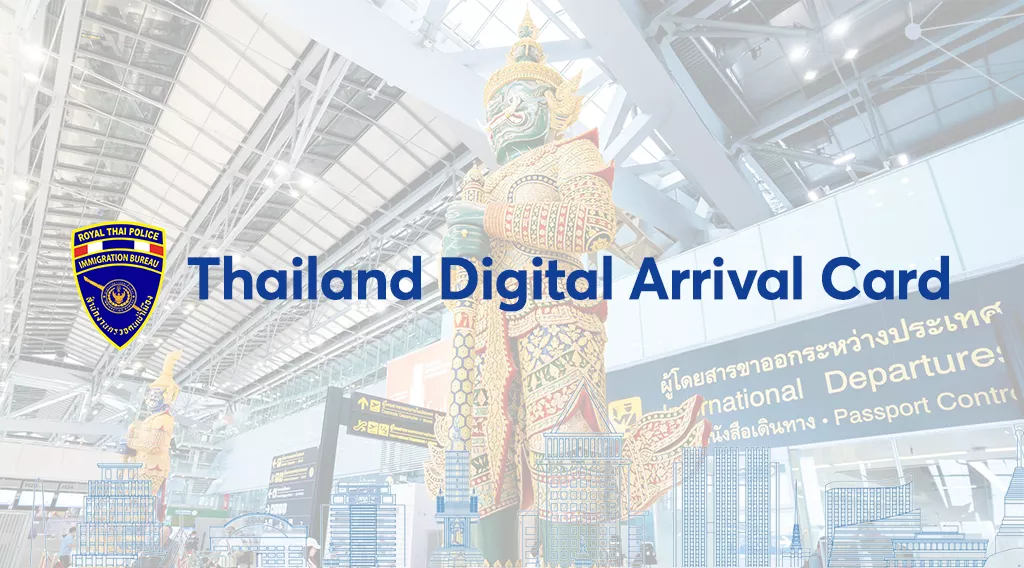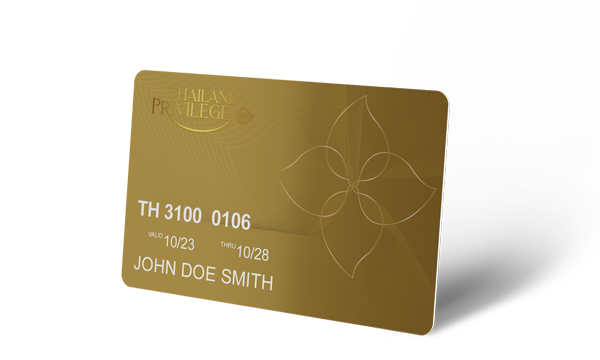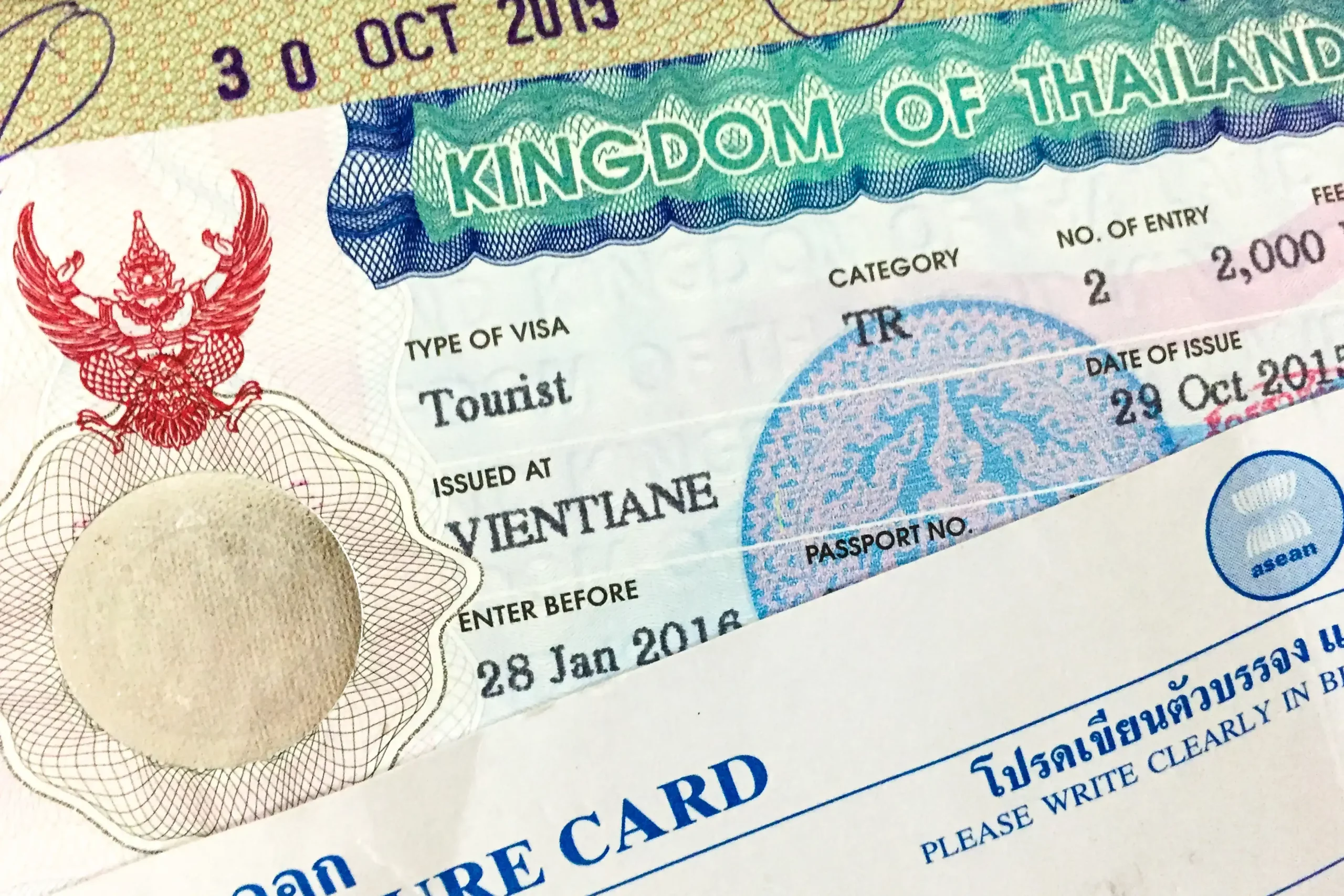Category: Thai Visa

Thailand Digital Arrival Card
The Thailand Digital Arrival Card (TDAC) represents a significant step in the modernization of the Kingdom’s immigration processes. It is intended to replace or complement

Thailand Privilege Visa GOLD Membership
Thailand Privilege Visa GOLD Membership. The Thailand Privilege Visa Program, formerly known as the Thailand Elite Visa Program, was overhauled in 2023 and is now

Thailand Privilege Visa
The Thailand Privilege Visa, formerly known as the Thailand Elite Visa, is a long-term visa program aimed at attracting high-net-worth individuals, retirees, investors, and digital

5-Year Retirement Visa in Thailand
The 5-Year Retirement Visa in Thailand, officially known as the Non-Immigrant O-X Visa, is a long-term visa option for foreign retirees aged 50 and above

Destination Thailand Visa
The Destination Thailand Visa (DTV), launched in 2024, aims to attract long-term visitors, digital nomads, and cultural enthusiasts by offering an extended stay in the
